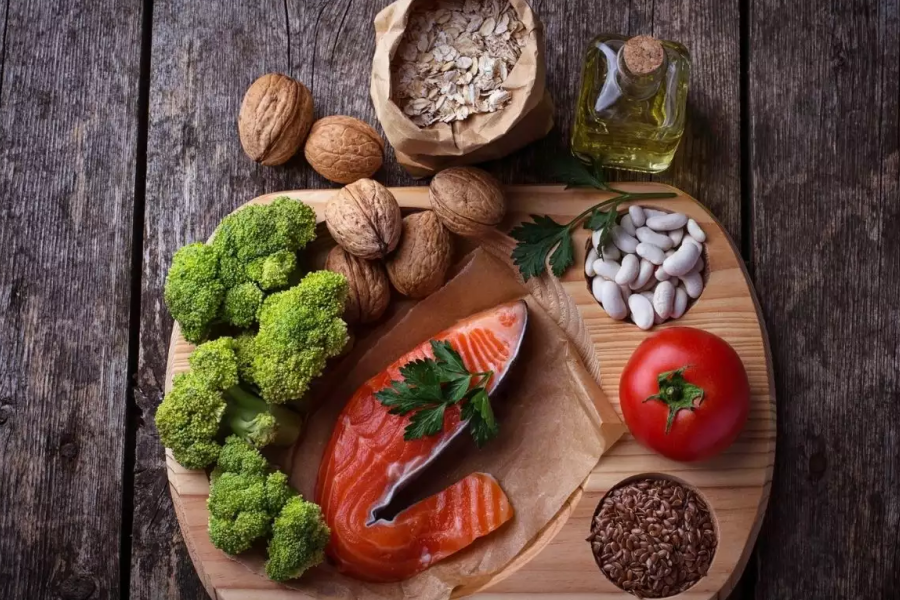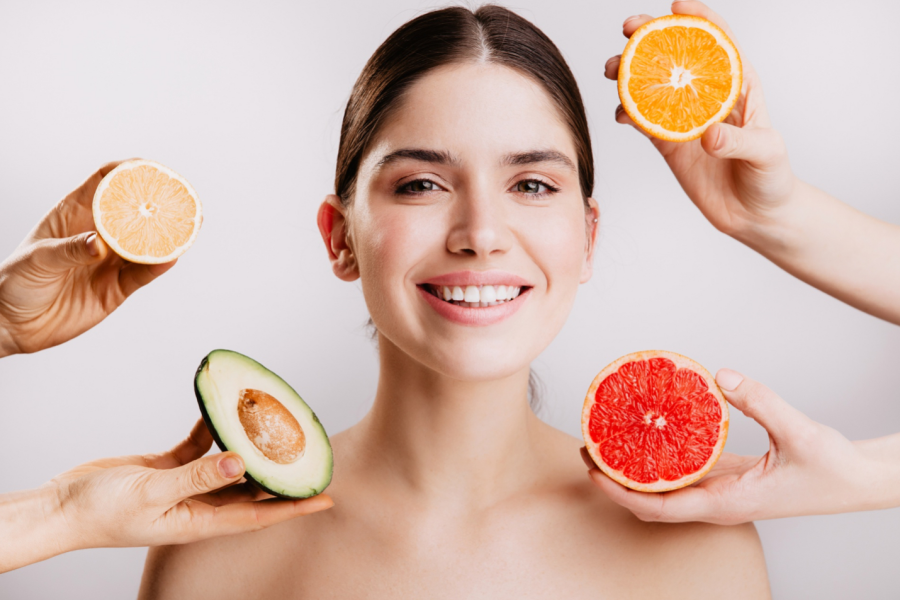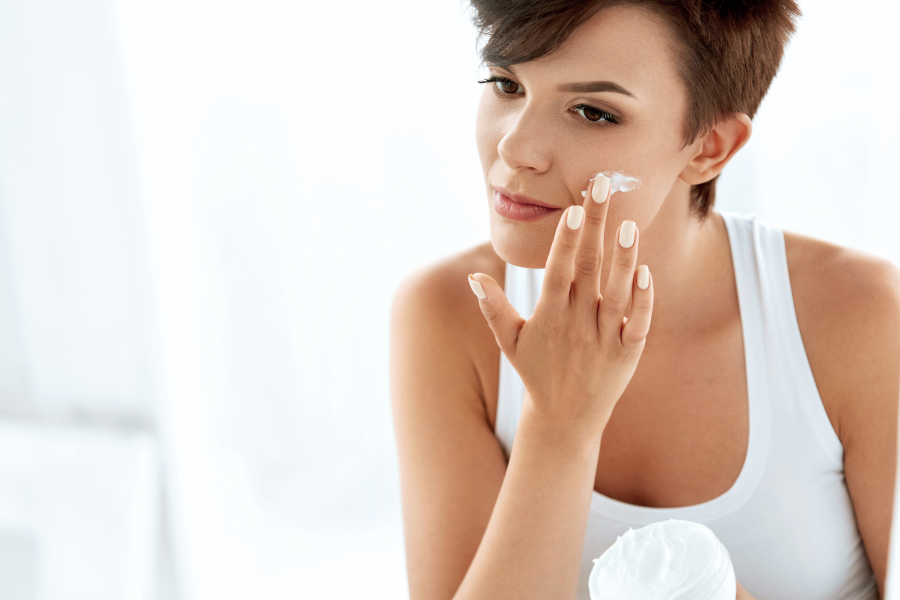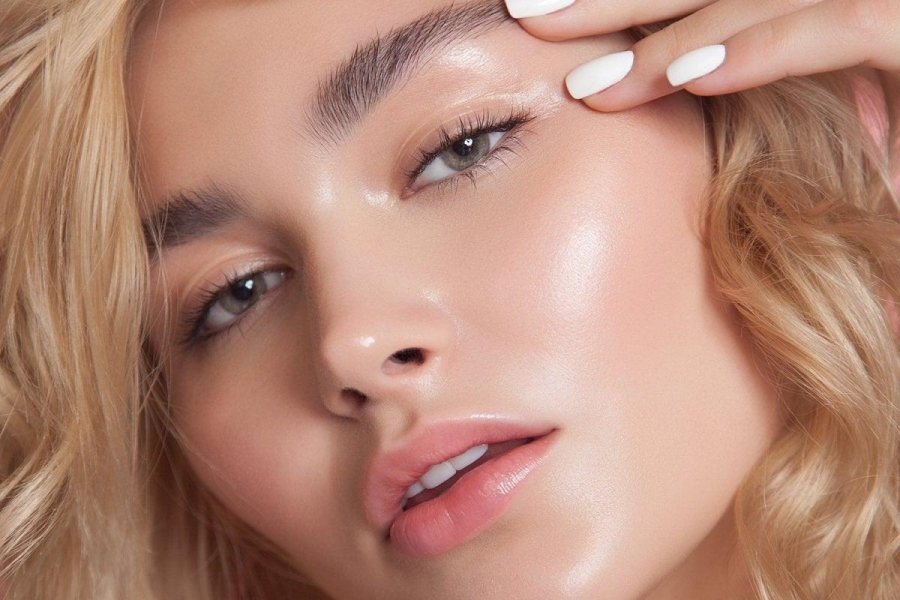Acne is one of the most common skin conditions and usually develops when the sebaceous glands become clogged with sebum (a waxy substance), bacteria, and dead skin cells. The three main forms of acne are blackheads, whiteheads, and pimples.
This blog will focus on hormonal acne and how to treat it.
Treatment
Oral antibiotics (erythromycin and Clarithromycin) are the most widely prescribed drugs for acne. They can be given for a period of six to nine months, although many people require treatment for up to a year or more. Antibiotics reduce the number of P. acnes bacteria, which stop the skin from producing more oil. As the body’s natural defenses against infection weaken over time, it may become harder to prevent infection. Many people find that taking oral antibiotics regularly reduces the frequency and severity of acne breakouts.
Retinoids (strength varies from prescription to over-the-counter products) are useful for keeping the skin clear of spots. Tretinoin (brand name Retin-A) is most effective when used as an adjunctive treatment. Unfortunately, it can also cause side effects including dryness and irritation of the skin and eyes, redness, itching, and inflammation. For this reason, a prescription is needed to obtain tretinoin cream.

Antibiotics such as erythromycin are thought to be able to reduce the number of free radicals in the body. Free radicals can be responsible for some of the damage in acne, and reducing this damage is thought to help prevent acne outbreaks. However, take note that oral antibiotics are not always effective in reducing acne.
Dietary Advice
Reducing your intake of dairy products and increasing your intake of fish oils may help prevent or treat acne.
Foods to avoid include (but are not limited to): cow’s milk, yogurt, chocolate bars, butter, ice cream, and chocolate.
Foods that are good for your skin but also can help prevent acne include:
– Salmon and sardines – contain omega-3 fatty acids which are essential for the production of sebum. Eating oily fish at least once a week is recommended. These types of fish do not cause gastrointestinal upset.
– Lentils, chickpeas, and black beans – contain omega-6 fatty acids which are essential for the production of sebum. Collagen is important to maintain healthy skin. These legumes are also easy to digest and have a lower glycaemic index (GI) than other common sources of protein e.g. meat, poultry, or eggs.
– Spinach – contains lutein which is important for skin health and anti-aging effects.



